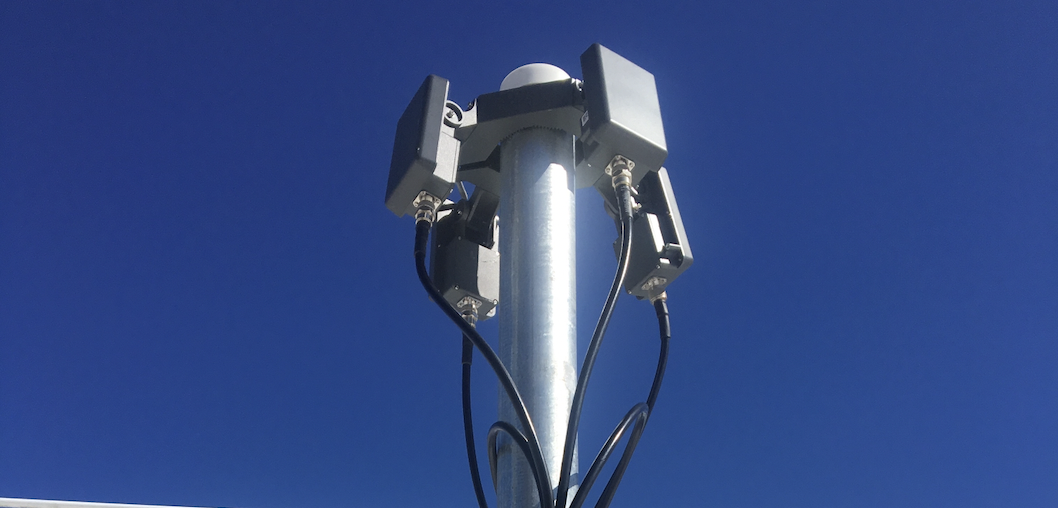The increasing popularity of drones among hobbyists means it's becoming more common to see them in the airspace above private property. If you're concerned about your privacy and want to keep drones away from your home, it's important to understand the regulations and your rights.
Is it Legal for a Drone to Fly Over My House?
Generally, it is legal for a drone to fly over your home, provided the pilot adheres to the Federal Aviation Administration's (FAA) regulations for Unmanned Aircraft Systems (UAS). Drones are permitted to fly in uncontrolled airspace below 400 feet (120 m) during daylight hours and must not exceed a speed of 100 miles (160 km) per hour. The FAA has exclusive authority over all navigable airspace, meaning compliance with their rules, whether for recreational or commercial use, makes flying over your home legal.
However, if a drone is taking pictures or videos of you on your property without your consent, it is violating the FAA's privacy guidelines. Proving this violation with evidence can be challenging.
There are also specific areas where drones are restricted, including stadiums, sporting events, airports, government-secured airspaces, and the greater Washington, D.C. area.
Can I Remove a Drone from My Property's Airspace?
Currently, it is illegal to take down a drone flying above your property. Drones are considered privately-owned property operating within government-regulated airspace and are federally protected from criminal destruction.
Interfering with drones that are operating according to FAA rules, whether by shooting them down, using nets, signal jammers, or any other method, can result in a penalty of up to 20 years in prison. Furthermore, you may be held responsible for the cost of any damages to the UAS if you willfully attempt to remove it.
Illegal methods for disabling drones, such as using nets (employed by the Department of Defense in restricted areas), signal jamming (used by authorized government individuals), signal spoofing (used by military intelligence), birds of prey (tested in some countries), lasers (which can damage a drone and are a federal crime to point at aircraft), and bullets (which are dangerous and illegal), are not permissible for private citizens.
Legal Ways to Stop a Drone from Flying Over Your House
While you cannot forcibly remove a drone, there are legal steps you can take to discourage them:
- Use signs to mark your property as a drone-free area. You can create or order signs indicating your preference for no drone flights over your property. While not legally binding, they may deter pilots. Be cautious not to claim your property is a "no drone zone," as this conflicts with FAA regulations and could lead to being asked to remove the signs.
- Ask the drone pilot to stop flying over your property. Many hobbyist pilots may not realize they are causing distress. Since pilots must maintain visual contact with their drone, you should be able to locate them. Politely requesting they avoid your property may persuade them, although they are not legally obligated to comply.
- File a complaint with the FAA if the drone pilot breaks the law. If a drone is violating FAA rules, such as flying at night, above 400 feet (120 m), or over 100 miles (160 km) per hour, or landing on your property, you can report it to your local Flight Standards District Office. You need to provide evidence that the operator is violating regulations.
- Contact local law enforcement if the drone is operated recklessly, carelessly, or causes injury or property damage.
- Lobby for legislation that restricts the use of drones. If you have concerns about privacy, you can contact your members of Congress or House Representatives to advocate for bills that would restrict drone usage over private property. You can also reach out to special interest groups working against drone usage.
Understanding drone activity in your airspace is crucial for maintaining privacy and security. airsight offers drone detection solutions, including software available for private use at homes. To learn more about how airsight can help you monitor your airspace legally and effectively, you can schedule a demo.









